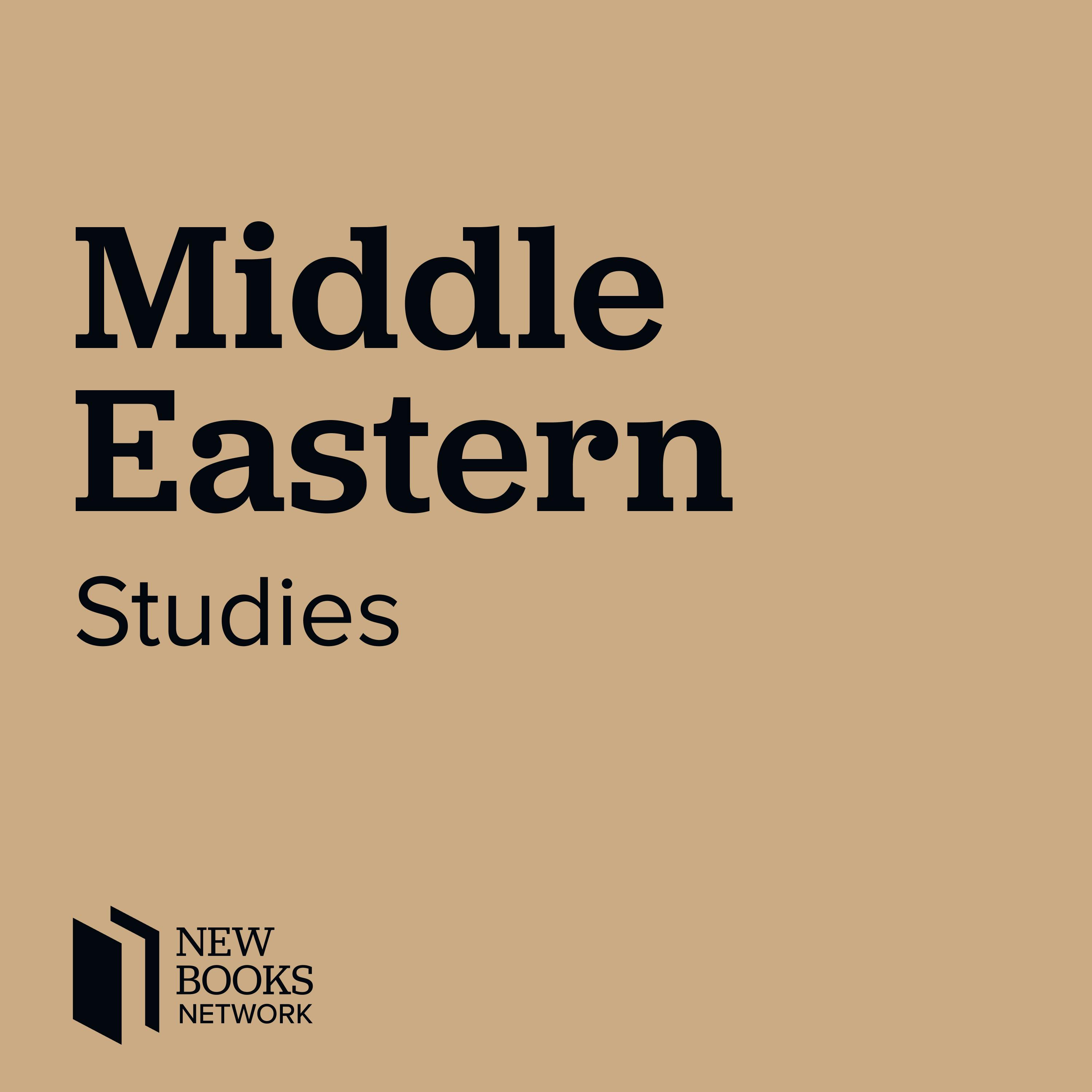Robert D. Kaplan, "The Loom of Time: Between Empire and Anarchy, from the Mediterranean to China" (Random House, 2023)
Description
The Middle East remains one of the world’s most complicated, thorny—and, uncharitably, unstable—parts of the world, as countless headlines make clear. Internal strife, regional competition and external interventions have been the region’s history for the past several decades.
Robert Kaplan—author, foreign policy thinker, longtime writer on international affairs—has written about what he terms the “Greater Middle East”, a region that spans from the Mediterranean, south to Ethiopia and eastwards to Afghanistan and Pakistan, for decades. These insights are the foundation of his latest book: The Loom of Time: Between Empire and Anarchy, from the Mediterranean to China (Random House, 2023)
In his book, Kaplan criticizes how the U.S. has approached the region—intervention and regime change (including his own mea culpa for his previous support for the 2003 invasion of Iraq, only for Washington to look somewhere else when newly-formed regimes inevitably disappoint.
In this interview, Robert and I talk about his idea of the “Greater Middle East,” some of the experiences that most stood out to him, and his conclusions on how to think about democracy, order, and anarchy in this part of the world.
Robert D. Kaplan is the bestselling author of twenty books on foreign affairs and travel, including Adriatic: A Concert of Civilizations at the End of the Modern Age (Random House: 2022), The Good American: The Epic Life of Bob Gersony, the U.S. Government's Greatest Humanitarian (Random House: 2021), The Revenge of Geography: What the Map Tells Us About Coming Conflicts and the Battle Against Fate (Random House: 2012), Asia's Cauldron: The South China Sea and the End of a Stable Pacific (Random House: 2014), Monsoon: The Indian Ocean and the Future of American Power (Random House: 2010), The Coming Anarchy: Shattering the Dreams of the Post Cold War (Random House: 2000), and Balkan Ghosts: A Journey Through History (St. Martins Press: 1993). He holds the Robert Strausz-Hupé Chair in Geopolitics at the Foreign Policy Research Institute. For three decades he reported on foreign affairs for The Atlantic. He was a member of the Pentagon’s Defense Policy Board and the U.S. Navy’s Executive Panel.
Learn more about your ad choices. Visit megaphone.fm/adchoices
Support our show by becoming a premium member! https://newbooksnetwork.supportingcast.fm/middle-eastern-studies
More Episodes
In Queer Palestine and the Empire of Critique (Stanford University Press, 2020) anthropologist and activist Sa’ed Atshan explores the Palestinian LGBTQ movement and offers a window into the diverse community living both in historic Palestine and in diaspora.
His timely and urgent account contends...
Published 05/29/24
The Politics of Naming the Armenian Genocide: Language, History and 'Medz Yeghern' (Bloomsbury, 2021) explores the genealogy of the concept of 'Medz Yeghern' ('Great Crime'), the Armenian term for the mass murder and ethnic cleansing of the Armenian ethno-religious group in the Ottoman Empire...
Published 05/28/24
In Iran and Palestine: Past, Present and Future (Routledge, 2019), Seyed Ali Alavi (SOAS University of London) surveys the history of the relationship between Iran – and especially the Islamic Republic of Iran - with Palestinian organisations and leadership. It also, quite obviously, deals with...
Published 05/27/24


